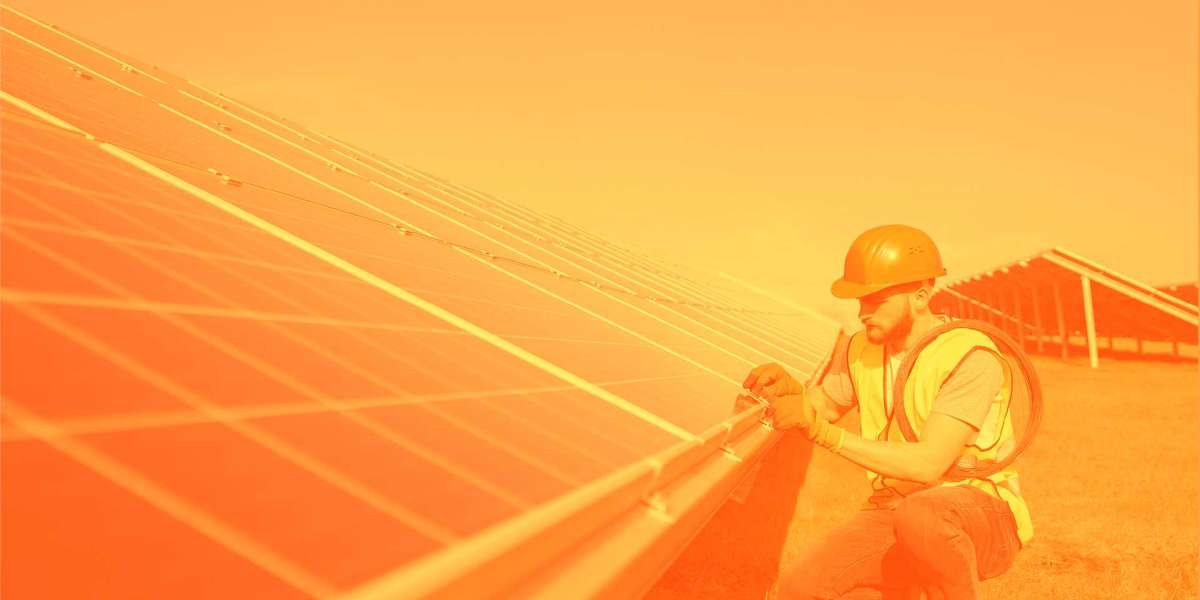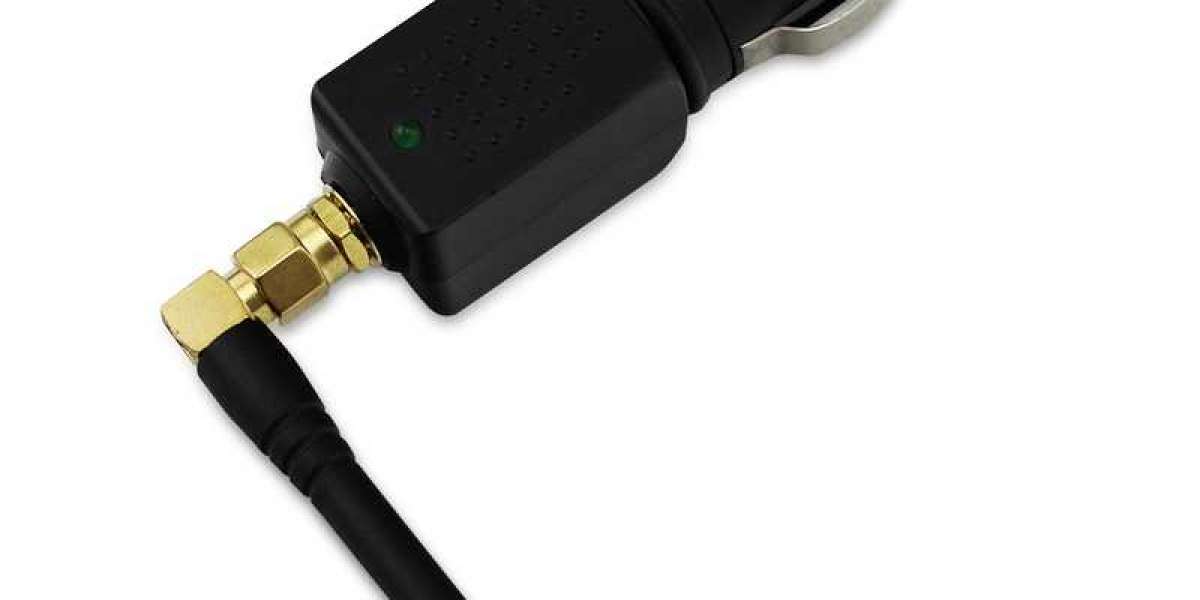What exactly is a solar panel loan?
Solar panels capture and transform the sun's energy into electricity. There are two main reasons why residential solar panel installation in California has become popular: To reduce their electric bill and contribute to the reduction of greenhouse gas emissions.
Solar panel financing is a type of loan that allows homeowners to get the money they need to buy a solar panel system. Solar panel loans allow homeowners to spread the expense of a solar panel installation over several years rather than paying for it all at once.
Savings
According to the solar panel website SolarReviews.com, solar panels can save the average American family over $1,400 in annual electricity bills. Homeowners can save a lot of money, but there is a substantial initial fee, which is where a solar loan comes in handy. Solar panel installation costs for an average-sized home in the United States range from $11,144 to $14,696 according to the website EnergySage. Tax incentives assist in lowering the total cost of solar equipment.
Personal loans
A personal loan can be the best solar for US State financing. Personal loans exist in different shapes and sizes, and borrowers with good credit generally benefit from cheap interest rates and favorable terms.
Personal loans are divided into two categories: unsecured and secured. You don't have to put up any security for an unsecured personal loan. You must put something of value up as collateral for a secured loan. Because the lender knows that if you don't make your monthly payment, they can sell the collateral and recuperate their losses, the interest rate — and thus the loan payment — on a secured loan is usually lower.
Government loan
You may have heard about the Federal Housing Administration's (FHA) PowerSaver program, which is aimed to assist homeowners in financing energy-saving home improvements by providing loans for a variety of technologies, including solar panels. The PowerSaver Second Mortgage or the PowerSaver Energy Rehab, 203(k) Loan are two alternatives under this program that offer a large enough loan for home solar system financing. To qualify for this sort of home solar system financing, borrowers must meet specific qualifications, including a minimum credit score of 660 and a debt-to-income ratio of 45 percent.
The PowerSaver Second Mortgage allows homeowners to take out a second mortgage of up to $25,000 for solar panel installation to improve energy efficiency. Homeowners who want to participate in this program must not have an existing home equity loan, second lien, or second mortgage. Those that participate can return the loan over up to 20 years.
The 203(k) loan is a special home solar system financing loan, for people who are buying or refinancing a house and want to include the cost of upgrades in their new loan. They have the entire mortgage term to pay off the debt.
Some consumers prefer these programs since the interest rate is comparable to that of a personal loan, but the repayment period is more than twice as long. And, because FHA keeps a close grip on your spending, you're more likely to stick to your budget and buy only what you need.
However, you must keep within FHA home solar system financing guidelines, which means you must spend less than the maximum amount allowed. You may need to replace solar components before the loan is paid off if you finance solar panels for 20 years. Finding a lender that is familiar with both of these programs can be difficult, and FHA standards must be followed to the letter, which can drag down the process.
Home equity loan
A home equity loan allows you to borrow money from your house's equity to fund renewable energy projects. A bank will often lend up to 85 percent of your home's equity for a project like this. You have $100,000 in equity if your home is worth $300,000 but you only owe $200,000 on it. This indicates the bank will consider you for an $85,000 loan. With a home equity loan for solar panels, you're more likely to get a good interest rate because your home serves as collateral. However, keep in mind that if you default on your loan, the bank has the power to repossess it.
Solar leasing
This does not require you to purchase your solar panels. Instead, you can lease (or "rent") solar panels through this program. One can easily get free solar quotes to take solar leasing. The appeal is that solar panel providers frequently offer no-money-down lease schemes. The solar firm installs the panels, and you start saving money right away. However, you will never own the panels fully and will not obtain tax credits. You'll also miss out on solar-related advantages, such as tax breaks.
What factors to consider when financing solar panels?
A low rate of interest. The faster solar panels pay for themselves through energy savings, the less you pay on the loan.
Appealing repayment conditions. When it comes to personal loan payback conditions, you're aiming for "just right" like Goldilocks. Your monthly payments may be excessively expensive if the payback term is too short. You will wind up paying more in interest than you need to if the term is too long. You want to choose the shortest loan period that you can pay back easily.
Perks. The finest solar power financing benefits include a lower autopay interest rate, quick online access to your loan information, and unemployment insurance.








